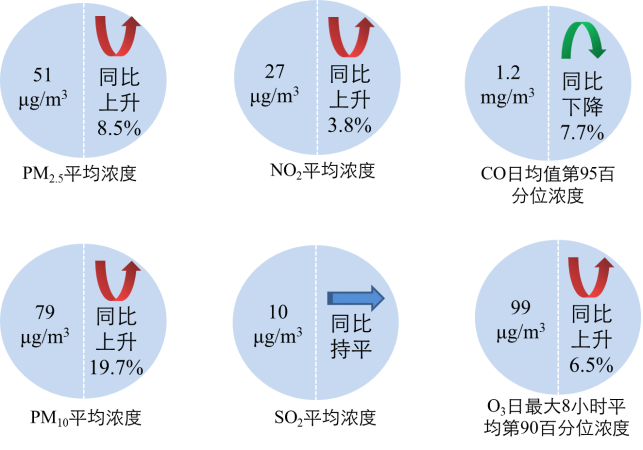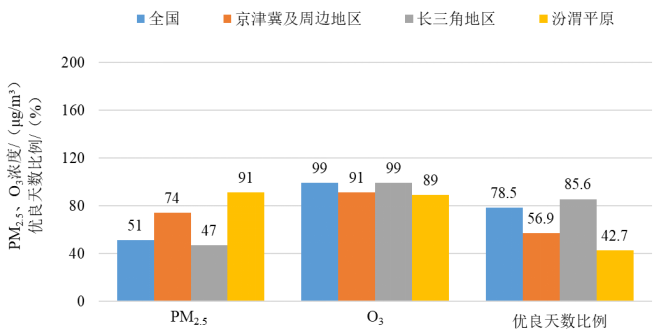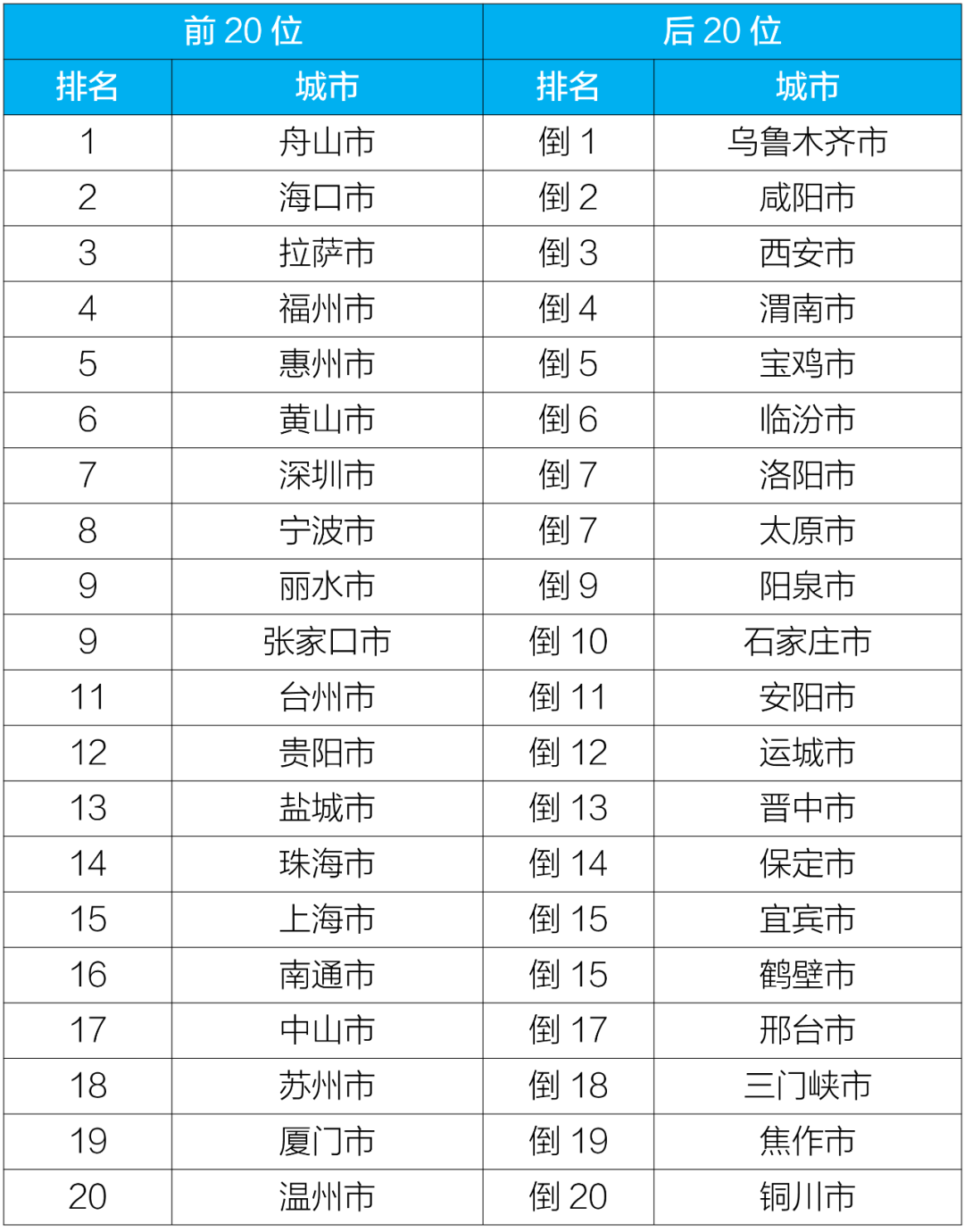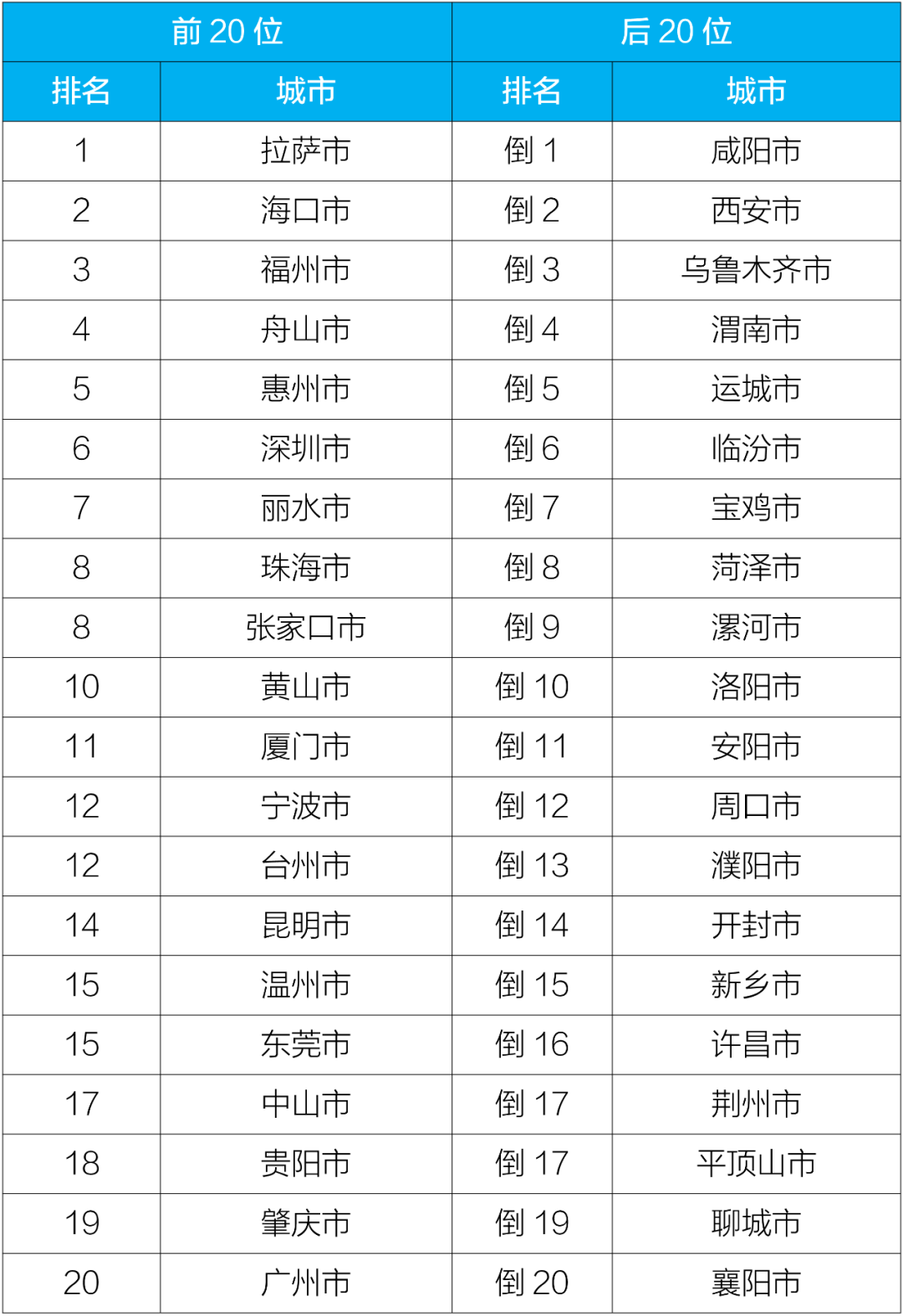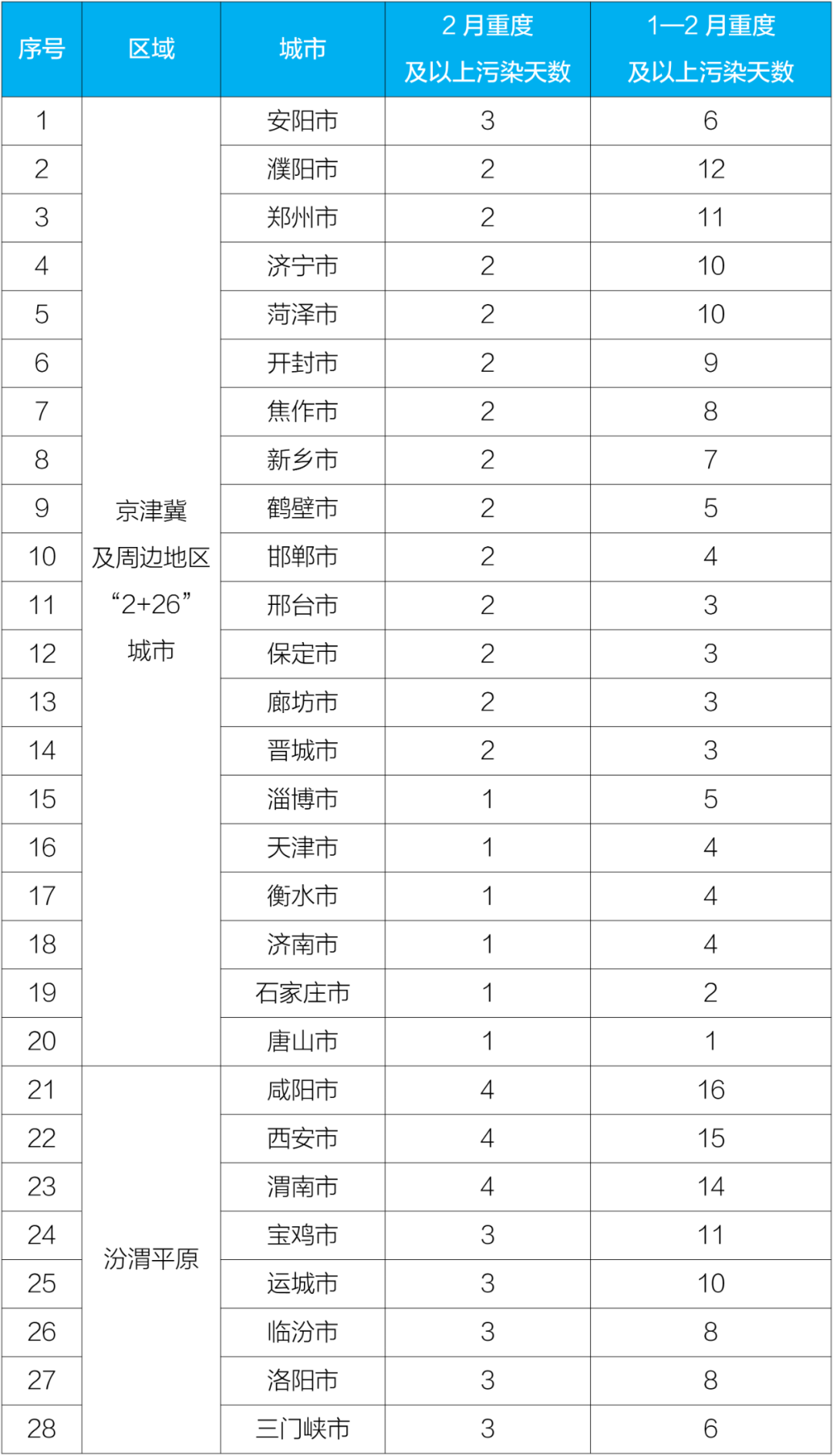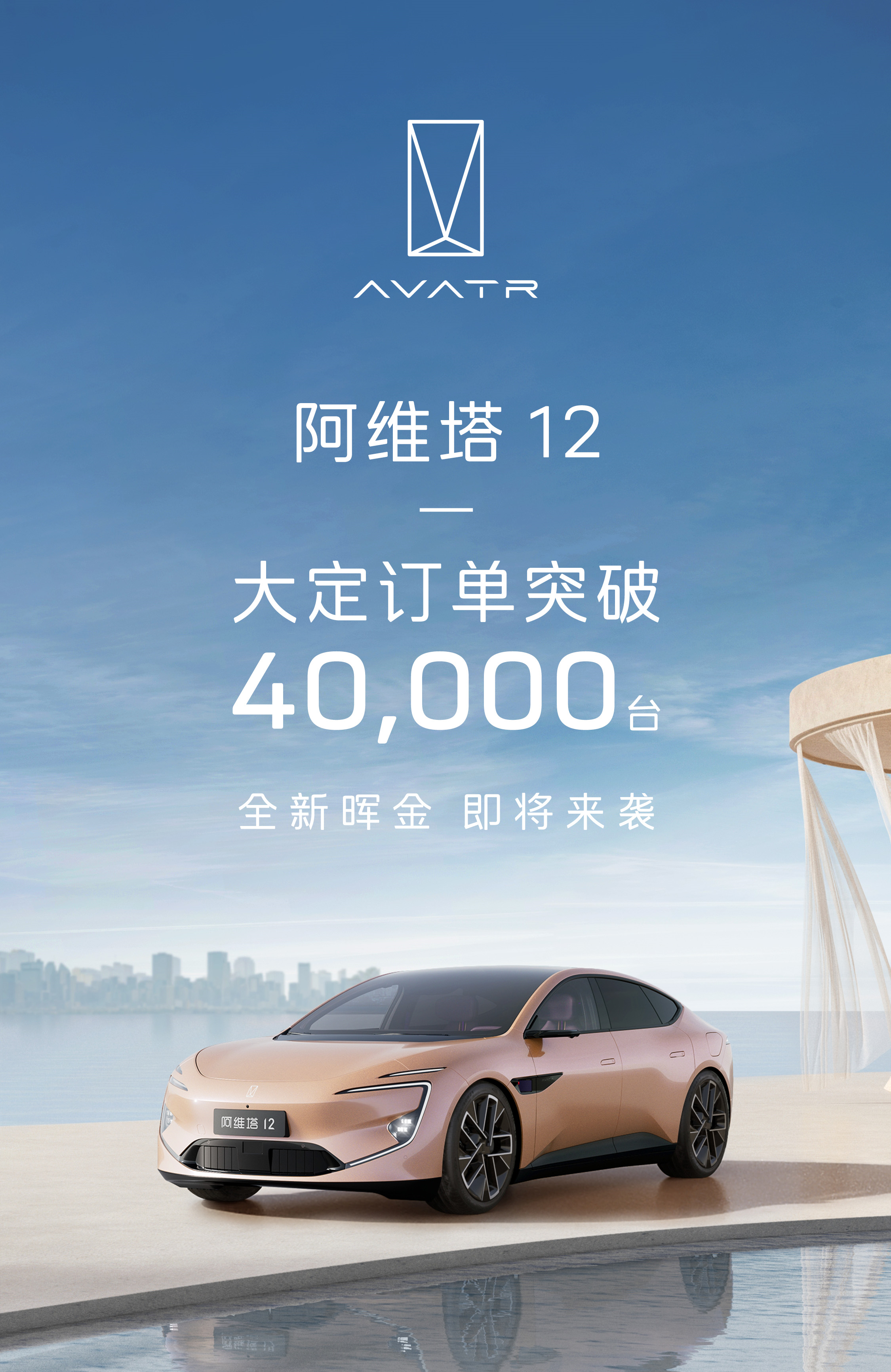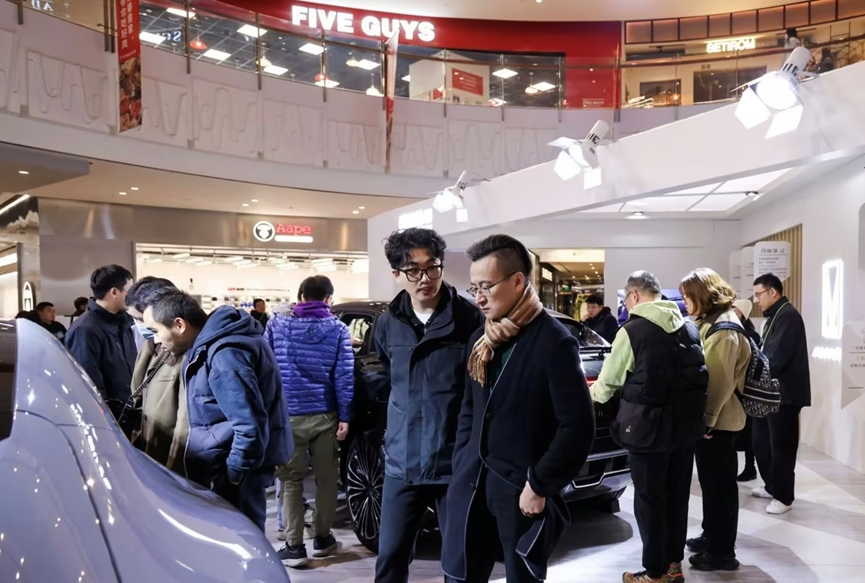A man in Wuhan was sentenced to kidnapping for the government’s "triangular debt", and the informed prosecutor said that there were many doubts.

Cao, who has been out of prison for many years, suffers from heart disease and severe rheumatism. The Paper reporter Liu Haichuan
In order to ask for a loan of 30,000 yuan from the government fund, Zhang Yongsheng, a civil servant of Jiangdi Township Government in Hanyang District, Wuhan, Hubei Province, provoked a lawsuit of "kidnapping at gunpoint".
A few days ago, The Paper (www.thepaper.cn) found in Wuhan and Hanchuan that the kidnapping case triggered by the government’s "triangular debt" 15 years ago was full of doubts: whether the police station as an investigation organ has jurisdiction is controversial; There are contradictions in many time nodes involved in the file; Guns that should be important evidence in the case have not been recovered …
Jianghan District Public Security Bureau, as the investigation organ of this case, declined to comment to The Paper.
In an interview with The Paper, a prosecutor in Hanyang District Procuratorate who knew the case admitted that there were many doubts about the procedure of this case. They had reported the relevant situation to the higher procuratorate, but there was no following.
At present, Zhang Yongsheng’s complaint, which has been released from prison for six years, has been frustrated many times and has not given up.
From civil servants to "kidnappers"
On December 25, 2000, Jiangdi Township Government, Hanyang District, Wuhan City. Zhang Yongsheng, the deputy stationmaster of the township management station, has just gone through the formalities of leaving his post without pay. His new identity is a legal worker in the Legal Aid Center of Hanyang District Judicial Bureau.
But the previous job still needs him to finish. According to a red-headed document issued by Jiangdi Township Government in 1999, the Jiangdi Rural Cooperative Foundation, which has been in operation for many years, will face closure according to national policies. Zhang Yongsheng, who was previously the head of the Foundation’s governing body, is a member of the collection office and still needs to collect the uncollected loans.
Zhang Yongsheng told The Paper that through the efforts of him and his colleagues, as of September, 2000, the Foundation had more than 15 million yuan left. Including 30,000 yuan from the contractor Chen Fangzhi.
The collection methods of these loans by Jiangdi Township Government are mainly administrative dunning and litigation. According to Zhang Yongsheng’s recollection, the Jiangdi township government first made an administrative dunning for Chen Fangzhi. However, after finding Chen Fangzhi, the other party claimed that his brother-in-law Xia Yongli still owed him 450,000 yuan for the project, and he was unable to repay the loan.
Zhang Yongsheng said that the guarantor of Chen Fangzhi’s loan was Liu Chongxi, then chairman of the trade union of Jiangdi Township Government.
"At that time, the township government appointed Zhang Yongsheng as an agent to assist Chen Fangzhi in collecting debts from Xia Yongli." A few days ago, Liu Chongxi, who has retired for many years, confirmed this to The Paper, saying that he had obtained the consent of the leaders of the township government.
The Paper noted that Zhang Yongsheng also signed an agency agreement with Chen Fangzhi to deal with the debt relationship between Chen and Xia.
Zhang Yongsheng said that Xia Yongli was tall, and Chen Fangzhi had been threatened and beaten when he was begging for arrears.
On December 25th, 2000, Chen Fangzhi and Zhang Yongsheng had a dinner in a restaurant in Hanyang, and agreed to check with Xia Yongli the next day. Also attending the dinner were Chen Fangzhi’s friends Wang Jiguo, Jie Jie, Cao Mou and Liu Chongxi.

Wang Jiguo worked in Wuhan all the year round, and his family was ruined because of imprisonment. The Paper reporter Liu Haichuan
Judicial materials show that on December 26, 2000, Chen Fangzhi and others came to Xia Yongli’s residence in Jianghan District. At 9 o’clock that night, Chen Fangzhi, Cao Mou, Wang Jiguo and Jie Jie entered Xia Yongli’s residence. Zhang Yongsheng waited at the gate of the community and left first.
The verdict found that Chen Fangzhi and Zhang Yongsheng conspired to invite Cao, Wang Jiguo and Jie Jie, and prepared pistols and other tools for committing crimes. At the time of the incident, Zhang watched the wind outside the community, and then went to a wangji chicken soup shop to wait. Chen Fangzhi and others took Xia Yongli to the chicken soup shop by violent means, and then moved to Hanyang Jinbi Hotel. "Under duress, Xia Yongli wrote a debt of 100,000 yuan to Chen Fangzhi."
However, Cao said that this was a normal economic dispute between Chen and Xia. At the time of the incident, they were not rude to Xia Yongli. "I didn’t even scold him."
In the transcript, Chen Fangzhi and Zhang Yongsheng also said many times that they just went to check. Zhang Yongsheng also said in an interview with The Paper that the reason why Chen Fangzhi invited his friends was mainly for courage.
On November 8, 2001, the Jianghan Court found that Cao, Wang Jiguo, Zhang Yongsheng and Chen Fangzhi were sentenced to 10 to 12 years’ imprisonment. On April 1, 2002, Wuhan Intermediate People’s Court ruled that four people’s appeals were rejected.

Zhang Yongsheng and Cao have not seen each other for many years. Be silent when we meet again. The Paper reporter Liu Haichuan
The victim reported the case 14 days after the suspect was arrested.
Zhang Yongsheng’s and Cao’s descriptions are different from those found by the court.
Cao told The Paper that on the night of the incident, shortly after Chen Fangzhi and others entered Xia Yongli’s residence, Xia’s wife telephoned Xiao, a policeman from the Qianjin Police Station of Jianghan District Public Security Bureau.
Cao said that after Xiao arrived at Xia Yongli’s residence, Chen Fangzhi stayed to "mediate" with him. J.J. and others and Xia Yongli went to a chicken soup shop to continue the reconciliation.
Zhang Yongsheng remembers that he received a phone call from Xiaomou after returning home, and the other party hoped that he could participate in debt mediation. After he found Jie Jie, Xia Yongli voluntarily wrote a 100,000 yuan IOU to Chen Fangzhi under the telephone communication with Xiao Mou and Chen Fangzhi. "I later gave Xia Yongli a taxi fare to 50 yuan."
Ten days later, things took a turn for the worse: on January 5, 2001, Zhang Yongsheng was summoned by Jianghan District Public Security Bureau.
The materials obtained by The Paper show that on the same day, Zhang Yongsheng wrote a "guarantee" to the Criminal Investigation Brigade of Jianghan Branch, saying that "Chen Fangzhi’s entrusted agency should not be accepted; It is wrong to participate in mediation (the debts of both parties) … "The Paper also noted that he mentioned in the" guarantee ":"It is wrong to be too aggressive with Captain Xiao (Xiao Mou) on the night of the incident. He also promised that he would never intervene in the dispute between Chen and Xia. "
A few days ago, The Paper failed to contact Xiaomou to verify this matter.
Zhang Yongsheng said that he was under control that day and was transferred to several places for detention. The Paper noticed that the public security officer who asked him at that time signed an autograph as an "investigator".
A series of time contradictions reflected in the file are also the main doubts in this case.
According to the "report materials": On January 19th, 2001, from 11: 30 to 12: 50, Xia Yongli came to Qianjin Police Station to report "being kidnapped", but it was 14 days after Zhang Yongsheng was summoned.
The file also shows that Chen Fangzhi was arrested on the same day that Xia Yongli reported the case. However, the time for his interrogation was 9 am before Xia Yongli reported the case.
The "Capturing Process" and "Solving the Case Process" submitted by the police show that the source of this case is "the report of the victim Xia Yongli". The Paper also found no other sources of cases in Qianjin Police Station.
In this regard, lawyer Zhou Ze said that the legal source of the case is the first condition to ensure the criminal case procedure. "Before the trial, after the report, the police need to make a reasonable explanation."
The Paper also noticed that on March 6, 2001, the policemen surnamed Zhou and Xie of Qianjin Police Station announced the arrest of Cao. However, the signature at the end of this announcement record is "Chen Fangzhi".
Zhang Yongsheng and others also questioned the jurisdiction of Qianjin Police Station in this case.
The Paper found that Qianjin Police Station and Zhang Yongsheng, Chen Fangzhi and Cao Jianming lived in two districts, while Wang Jiguo and Jie Jie lived in Hanchuan City, Hubei Province.
"In the absence of the designated jurisdiction of the public security organ at a higher level, it has nothing to do with the location of the case or the residence of the suspect. The police station has no jurisdiction over the case." Lawyer Tang Guangren pointed out.
The "legendary" gun
In the first trial, Xia Yongli and his wife testified that J.J. threatened them with a gun at the time of the incident.
But everyone’s description of guns also has differences.
Zhang Yongsheng said in the interrogation transcript that J.J. was not found carrying a gun at the time of the incident; Chen Fangzhi said that "the gun is silvery white"; Xia Yongli called it "a Type 54 military pistol, black and white".
It is worth mentioning that according to the file materials, the police did not get the gun.
The owner of this gun also disappeared. The verdict shows that the gunman Jiejie is at large, and the police have also issued materials to prove that the pursuit of Jiejie was unsuccessful.
Jie Jie is Wang Jiguo’s brother-in-law, and his household registration is located in a market town near Huayan Farm in Hanchuan City, Hubei Province. According to his father’s memory, J.J. went to work in Guangdong shortly after the kidnapping. "The police have been here twice, asked about JJ and left." The old man said that J.J. rarely went home in recent years, "but I didn’t hear that the police were arresting him."
The Paper learned through multiple channels that J.J. has not been listed as a suspect.
Prosecutor: There are many doubts about the procedure of the case.
In 2003, Zhang Yongsheng appealed to Hubei Intermediate People’s Court and was rejected. After he was released from prison in advance in 2009, he appealed to the Hubei Provincial High Court and the Wuhan Procuratorate respectively, but none of them succeeded.
In 2007, Chen Fangzhi died in prison.
A few days ago, Jianghan District Public Security Bureau refused to respond to many doubts in the case procedure. "We don’t know much about the law." A person in charge of the Bureau’s Political Department told The Paper.
"Procedural justice should be highlighted. If there is no procedural justice, substantive justice cannot be discussed. " Yu Dazun, a lawyer who helped Zhang Yongsheng appeal, still regrets the case.
A local person in Hanyang District told The Paper that Zhang Yongsheng had been a well-known "legal expert" in Hanyang before the incident, and had served as a legal adviser to many enterprises. After he was released from prison, he lost his source of livelihood.
Zhang Yongsheng has repeatedly turned to Jiangdi Sub-district Office (the former township government) for help. As early as May 2002, because of this kidnapping case, the Jiangdi Township Party Committee made a decision to "expel Zhang Yongsheng from the Party", but he was not expelled from public office.
"Several leaders in charge of politics, law and justice in the street office also participated in the analysis of his case." A staff member of Jiangdi Sub-district Office said that they also entrusted Hanyang District Procuratorate to provide legal aid for Zhang Yongsheng’s complaint.
"There are many doubts in the case, mainly in terms of procedures." A prosecutor of Hanyang District Procuratorate told The Paper that they had reported the case to Wuhan Procuratorate, but it had little effect.

